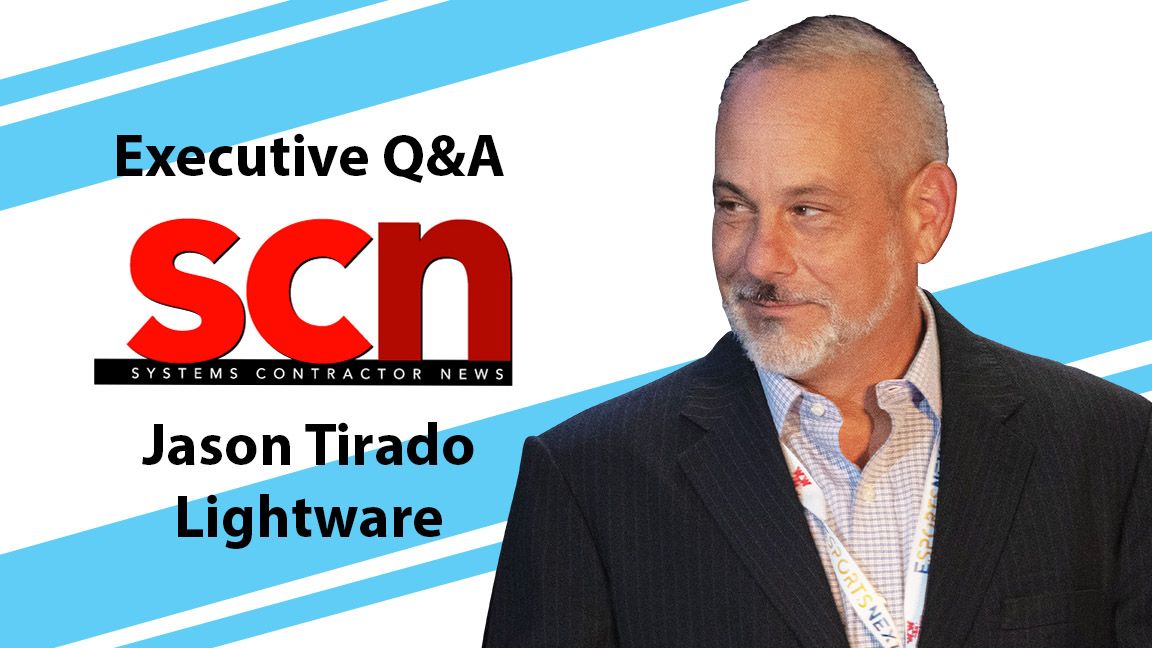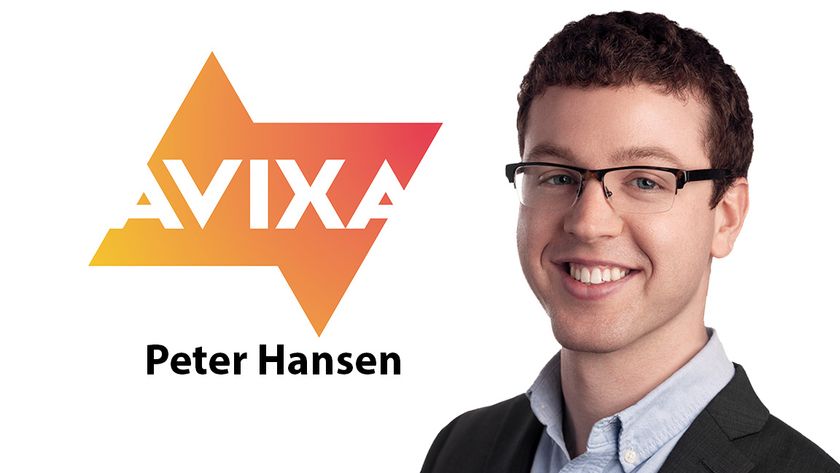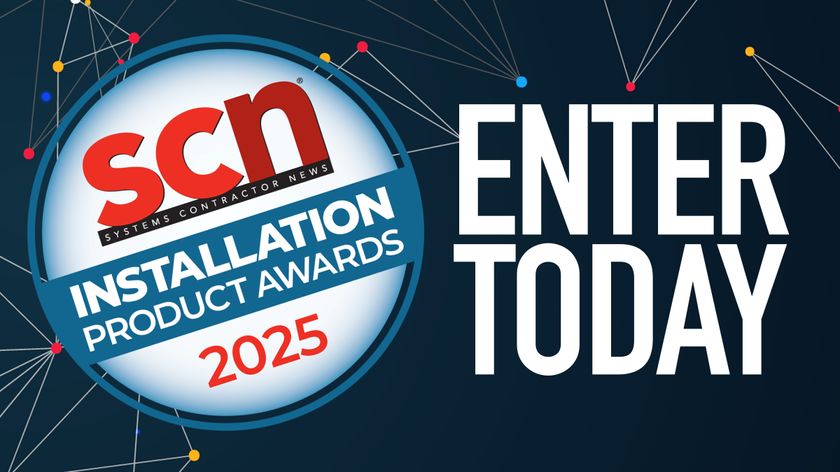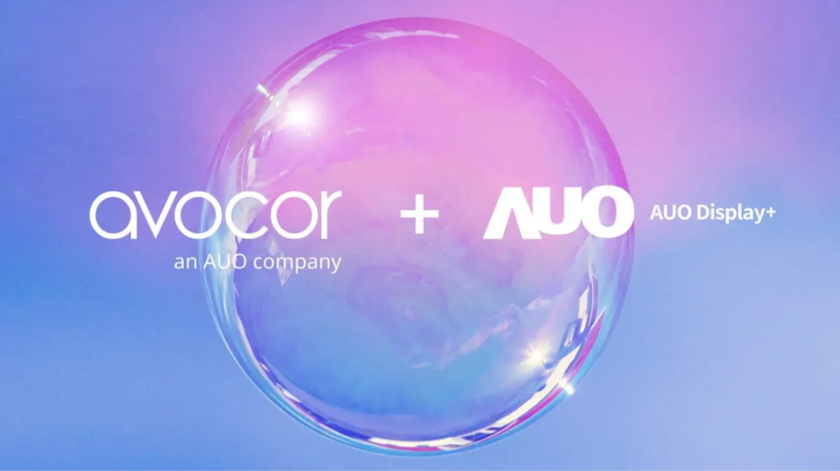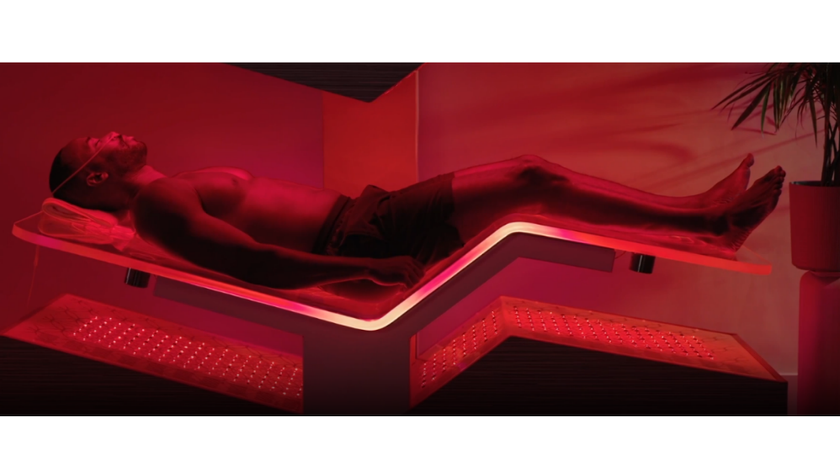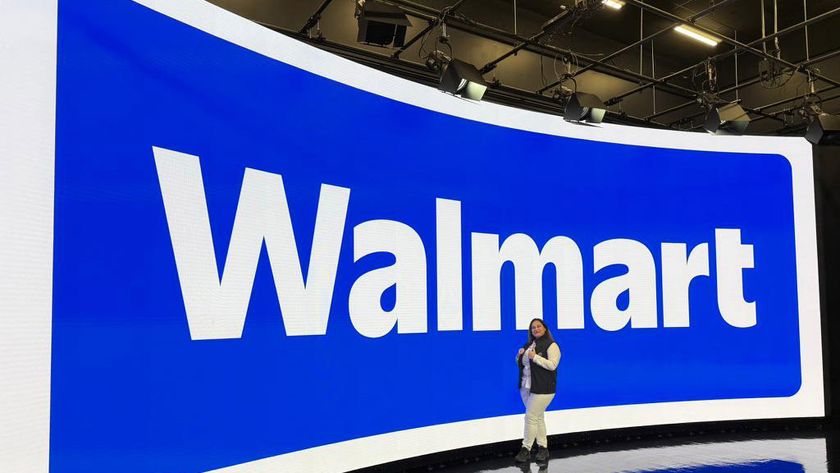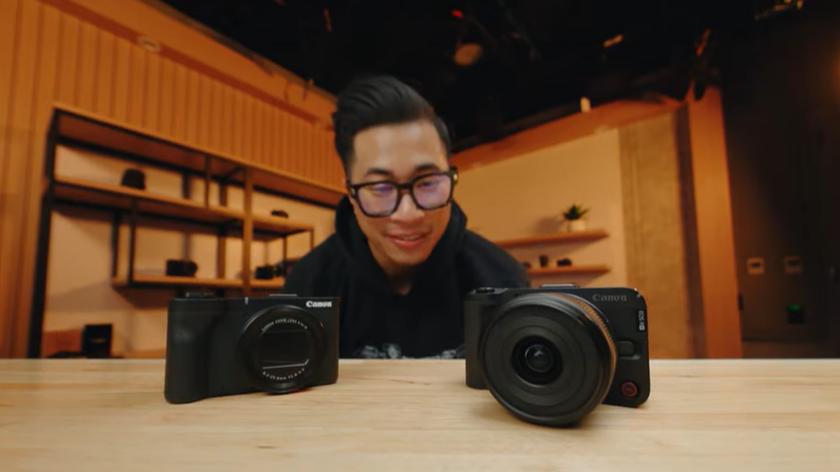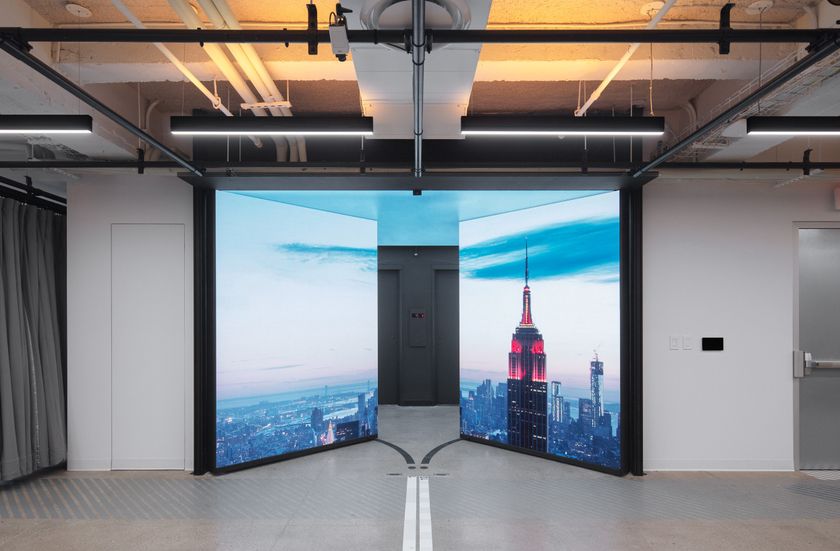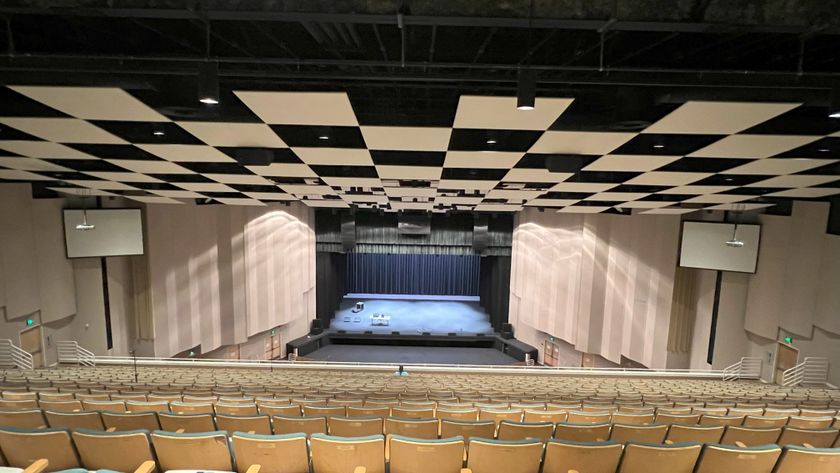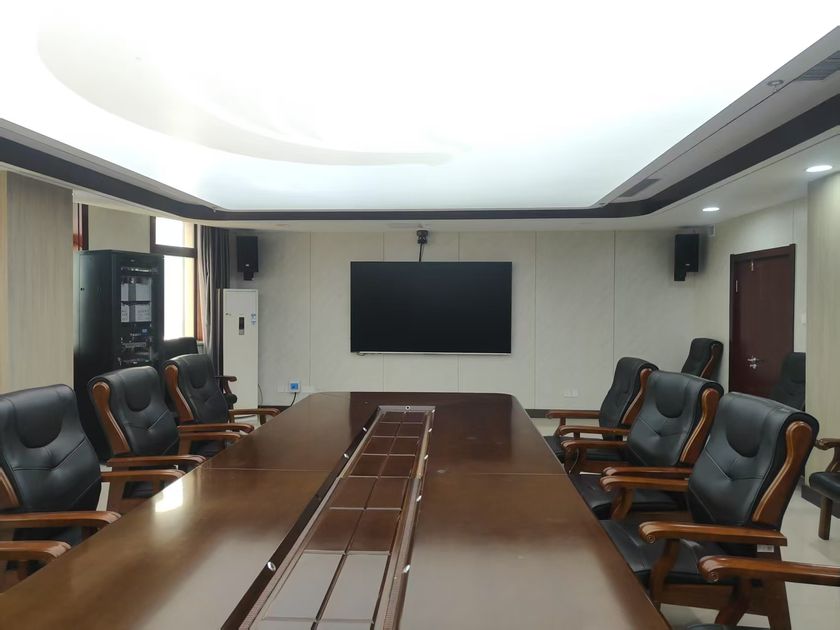SCN: How long have you been with this company, and what are your responsibilities?
Jason Tirado: I joined Lightware Visual Engineering over six years ago, and my responsibilities are to manage day-to-day operations for the Americas, including North America and South America.
SCN: How is Lightware celebrating its 25th anniversary?
JT: We celebrated our 25th anniversary at InfoComm 2023 with a special birthday party. We also hosted a party during ISE 2023, and it was a huge success.

SCN: What made you decide to open training hubs (Experience Centers) in Las Vegas and London, and how have your customers responded?
JT: We opened the Lightware Discovery Center in Las Vegas because we have a strong presence in the area. Lightware is behind the scenes in many well-known shows, such as Cirque du Soleil and Blue Man Group, and other experiences, like Illuminarium and Worre Studios. Lightware has a focused presence in the large display industry, and Las Vegas is one of the best places in the world to experience state-of-the-art visual displays. Las Vegas has a concentration of the specific applications that we’re specialists in. We felt Las Vegas was a natural place for individuals to experience Lightware.
Additionally, we opened the Lightware Discovery Center in London because it is a big hub for Lightware. We have a customer base throughout Europe, and it allows us to reach our customers more closely. We have key decision makers in London, so it was a natural fit.
SCN: What are the short and long-term goals for your company?
JT: Our goal is to take care of employees and our customers. We want to continue to listen, invent, and deliver. Our philosophy is quite unique. We recognize that we have very valuable professionals at Lightware. We want to take care of them and give them the resources to succeed. It gives us the energy to continue listening, inventing, and delivering.
SCN: Your company has described LARA as future-proof room automation. What makes this software unique?
JT: LARA is unique because it is generic since we’re using JavaScript. JavaScript is a really great thing because it’s a well-known proprietary software language. We’re tapping into a wealth of resources, experienced programmers, modules, and knowledge that’s already been developed. It doesn’t require anyone to learn a proprietary language or method of thinking. We’re harnessing a standardized language to create a simplified experience.
Simplified room control is incredibly important for corporate and education spaces.
SCN: How important is room control for corporate and/or education spaces?
JT: Simplified room control is incredibly important for corporate and education spaces. The key is that control systems and interfaces used to be quite complex because rooms were more complex and had more devices in them. Today, these rooms include a monitor, a DSP, and a microphone. Whether it’s a corporate or educational environment, the users don’t have to control cameras much anymore because the cameras have developed enough to control themselves. As a result, simplified control is a fundamental part of corporate and education spaces. Users want the displays to operate on a schedule and control the volume. Most rooms will be satisfied with a simplified level of control.
SCN: While we’re still in the meeting room, how important is USB-C for the future of Pro AV connectivity?
JT: A lot of sources have adopted USB-C, including phones, so it’s going to be very important for the future of professional AV connectivity. It’s not just laptops anymore. In fact, at a recent Taurus demonstration, a participant used their Android device to plug in their phone using a USB-C source. They didn’t have to bring their laptop. They were able to use the keyboard and mouse function to control their phone through a desktop feature. USB-C is becoming more and more important for BYOM devices.
SCN: Lightware has an extensive catalog of AVoIP solutions for 1 GigE and 10 GigE networks. How can customers determine which network they need?
JT: Customers can determine the type of network they need based on the signal format they’re trying to send. For users in an environment where every pixel is important—such as esports, movie production, or entertainment—a lot of hours, time, and money have been spent creating vivid colors and wonderful images. Every pixel is important. For environments with static images—PowerPoints, Excel, and documents—not every pixel is important, and it can be easier to get away with a lower bandwidth solution.
[Executive Q&A: Clarity in Collaboration]
SCN: What’s the next big thing for the Pro AV industry?
JT: The merging of Ethernet and USB topology is going to be the next big thing for the next several years. USB‑C is taking over the topology of phones, and Ethernet is going to be around for a while. The combination of USB and Ethernet is going to be a driving force for the professional AV industry.
